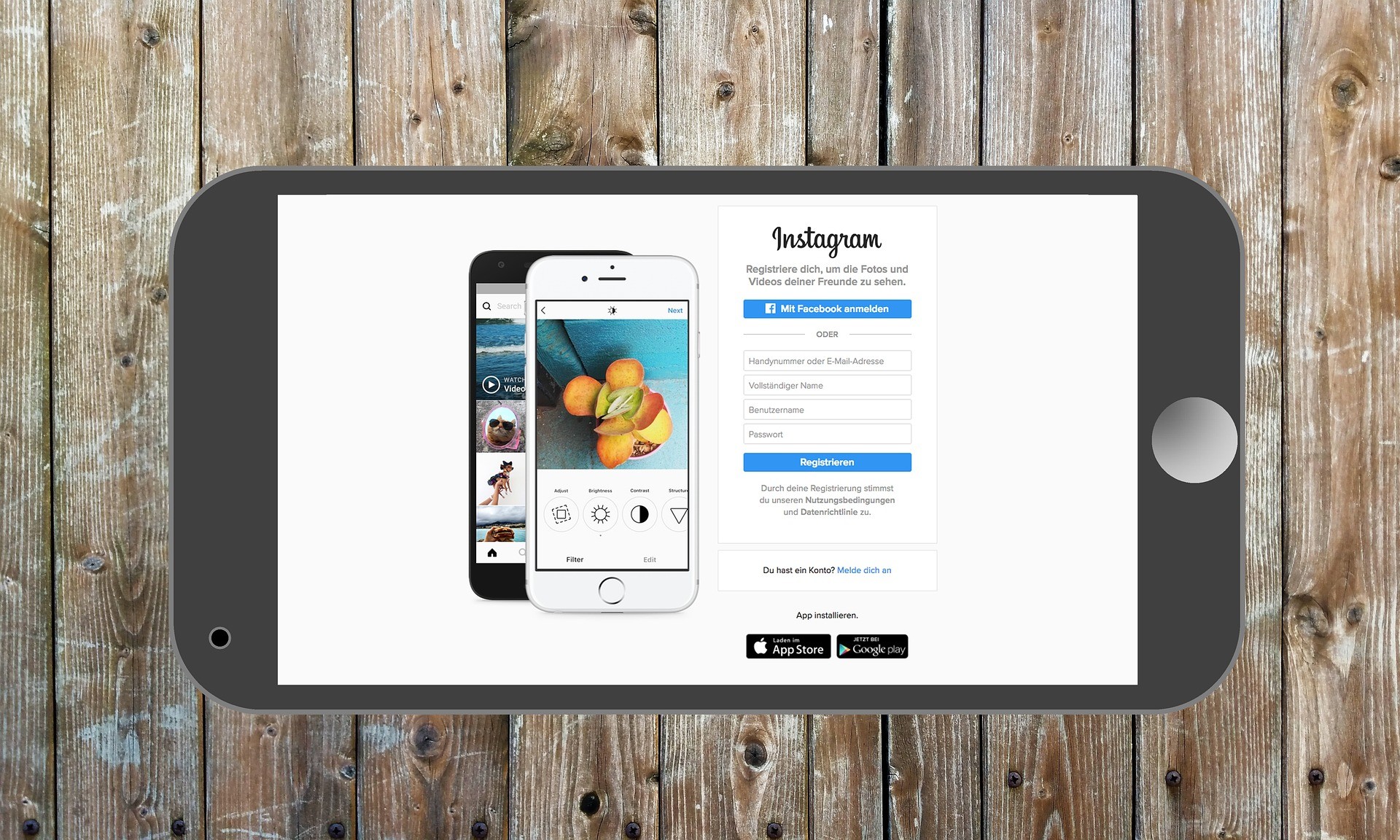In the hospitality and catering sector,Online reviews are not just opinions: I am a public reflection of your professional identity. A comment left on Google, Tripadvisor or Booking.com can decisively influence the choice of a new customer. That's why today more than everStrategicly manage your online reputationIt is an essential activity for anyone who operates in these sectors.
Summary
This article will guide you throughconcrete techniques and practical toolsTo transform reviews - both positive and negative - in growth levers, improvement and conversion. Because every feedback, if listened and managed well, can becomeA powerful marketing resource.
Because online reviews are so important
In the hospitality and catering sector, trust is everything. Users trust the opinions of other customers almost as much as direct word of mouth. A good online reputation means more reservations, more covered and greater perception of quality. In addition, the reviews also influence the local SEO: Google tends to better position the activities with good evaluations and an active management of feedback.
Practical strategies to exploit reviews to your advantage
1. Actively ask for reviews (at the right time)
One of the most common mistakes that make restaurateurs and hoteliers iswait passivelythat customers leave a spontaneous review. In reality, most satisfied customers do not automatically think about writing a review, even if the experience has been positive. For this reason it is fundamentalActively ask for feedback, but do itat the right time.
The ideal time isimmediately after the experience, when the emotion lived is still fresh and alive in the customer's mind. For a restaurant, it can be the moment of the account or when greeting customers with a sincere smile. For a hotel, it's time for checkout or follow-up email within 24 hours of departure. In both cases,Timpism is everything: The more time passes, the less likely the customer will take time to write something.
You can facilitate this action in different ways, even without seeming intrusive:
- PositioningA clearly visible QR codeOn the table or the counter, which refer directly to the Google or Tripadvisor page.
- By sending aPersonalized WhatsApp messageAfter your stay or meal, thanking for the visit and leaving a direct link to the review platform.
- Automating onepost-visa emailWhich, in addition to asking for a review, also offers a small future incentive (like a discount for the next visit, if in line with your policy).
The tone is important: the request must beDear, personalized and human, never impersonal or mechanical. Remember: each positive review is a precious resource that works for you 24 hours a day, strengthening your reputation and attracting new customers.
2. Reply to all reviews, not only to the negative ones
One of the most common (and limiting) habits between the operators of the Hospitality and catering is to respond only to negative reviews, often to defend themselves or to contain the damage. But this is a partial and not very strategic vision.Each review is an opportunity for relationship and branding, also (and above all) the positive ones.
When a customer writes a positive comment, he is making a gift: dedicate time, words and visibility to your business. Ignoring that gesture is likely to appear as disinterest. On the contrary,thank publicly strengthens the linkWith those who left the review and informs others that behind your brand there are real, careful and grateful people.
And the negative reviews? Even those, if managed with intelligence and professionalism, can turn into an opportunity to demonstrate attention to the customer, listening ability and willingness to improve. A well -written response can overturn the perception of an error, demonstrating transparency and care.
Here are some good practices:
- Always customize the answer: Use the customer's name if available, refer to the specific experience he has experienced.
- Avoid pre -packaged responses: There is nothing less engaging than a cold and impersonal paste.
- Remain professional, even if the review is unjust: your tone will be read by many other users. Always keep calm and show openness.
Publicly responding to reviews - all, not just those critical - is not a waste of time. ANDAn investment in the reputation of your brand, visible to anyone who is evaluating whether or not to become your client.
3. Transform reviews into content
The positive reviews are not just gratifications: they areprecious marketing material. In an era in which customer trust is based more on shared experiences than on traditional advertising, the words of your customers can become your best business card.
One of the most effective uses is to transform reviews intocontent to be spreadThrough your digital channels: website, newsletter, social media. An authentic comment can become oneTestimonial quotasTo be included on the homepage, or be relaunched as a story in Instagram Stories with captivating graphics. The effect is twofold: the customer who praised you and shows you to other potential customers a real experience, lived by those who have already chosen you.
You can also collect the most significant reviews on a page of your site dedicated totestimonies, perhaps divided by categories: hospitality, cuisine, service experience, location. This approach not only improves transparency, but also helps the user to identify with experiences similar to their expectations.
Some restaurateurs and hoteliers also choose to insert the best reviews inpaper materials(menu, brochures, postcards) or in email signatures, thus creating continuity between the online world and the real experience lived by customers.
Remember: a positive review left online can live for a long time, but a strategically republished review can generate even more lasting results.Make it part of your digital storytelling, and the perceived value of your business will increase naturally.
4. Analyze feedback to improve
Many managers focus on the number of stars, but neglect the true potential of reviews:the contents. Inside any comment, positive or negative, they hideprecious dataOn what works and what must be improved instead. For this reason it is essential not to limit yourself to reading them, but analyzing them with method.
Create a monitoring file, even simple, in which you collect the most relevant reviews. Divide thecontent in recurrent thematic categoriesAs a service, welcome, quality of food, cleaning, price, atmosphere. Start counting how many times certain aspects are mentioned, both positive and negative.
This analysis allows you to identify strengths to be enhanced in communication, but above allCritical points to correct. For example, if more reviews complain about the slowness of the service during lunch, you can intervene in a targeted way: optimize the flows, better form the staff, review the menu.
At the same time, you may find that many customers appreciate the tranquility of the environment or attentiontoDetails on the plate. These aspects deserve to be emphasized in your communication and in your visual content.
Finally, keep in mind that the reviews are not only used to "justify" or receive applause. I am a tool forconstantly improveand to listen to the customer in a strategic way. The activities that manage to do so are those that evolve faster and that build a solid and lasting reputation.
5. Use tools for centralized management
When the reviews come from multiple platforms - Google, Tripadvisor, Booking.com, Facebook, Thefork and others - it is easy to lose control. Some comments go unnoticed, others are forgotten. For this reason it is essential to usecentralized management tools of reviewsThat allow you to monitor, respond and analyze feedback from a single interface.
Platforms likeReviewPro, Trustyou, Google Business Profile, Reputation.comOr integrated tools in CRM and Channel Manager can simply simplify your life. They help you save time, to maintain consistency in communication and always be timely in the responses.
Many of these tools also offerweekly or monthly reportswho analyze sentiment, identify the recurring keywords in the comments and compare your online reputation with that of competitors. In this way, not only do you keep the perception of your brand under control, but you also getstrategic indicationson where to intervene.
For restaurants and hotels that receive high volumes of reviews or have more locations, centralized management becomes practically indispensable. Also for small realities, however, these tools can make a difference in terms of efficiency, organization and quality of communication.
Remember: good management of reviews starts from careful listening, but is consolidated thanks toprofessional toolswhich allow you to never lose an opportunity for dialogue - and growth.
Errors to avoid
Online reviews are a precious resource, but they can also turn into a boomerang if managed with superficiality or improvisation. Here are some frequent mistakes that risk compromising your reputation rather than strengthening it.
- Ignore negative reviews: pretending that they do not exist or leaving without response critical comments is one of the most common errors. Even if a customer has been unfair, it is essential to respond with professionalism, showing attention and opening. Silence communicates disinterest.
- Respond impulsively or defensively: If you feel attached, take some time before answering. An aggressive response can do more damage than the review itself. Remember that you are not writing only for the dissatisfied customer, but for all those who will read the conversation.
- Buy False Reviews: It may seem like a shortcut, but it is a huge risk. Users perceive inauthenticity, and many platforms penalize those who use incorrect practices. Better to focus on real reviews and build a solid reputation, even if more slowly.
- Use copy-paste answers: Each customer deserves attention. A generic response, identical for everyone, conveys coldness and detachment. Customize each message, even briefly, to make the customer heard listened to.
- Do not encourage customers to leave authentic feedback: many satisfied customers simply don't think about leaving a review. If you don't ask him, probably don't do it
Conclusion
Online reviews are much more than simple comments: they are the way your brand speaks to the world. They are the first contact that many potential customers will have with your restaurant or hotel, even before visiting your site or enter the door. For this reason,knowing how to manage them in a strategic wayIt can really make the difference between an activity that survives and one that grows.
Learn to ask for reviews, respond with care, transform them into value content, analyze and manage them with professional tools meanstake your reputation in hand. It means making marketing with authenticity, credibility and transparency. And today, this is exactly what people are looking for.
If you want to bring the review of your restaurant or hotel reviews to a higher level,Request a free adviceor visit my page dedicated toDigital Marketing for Travel & Food. We will study together a tailor -made plan to strengthen your reputation and attract new customers every day.











